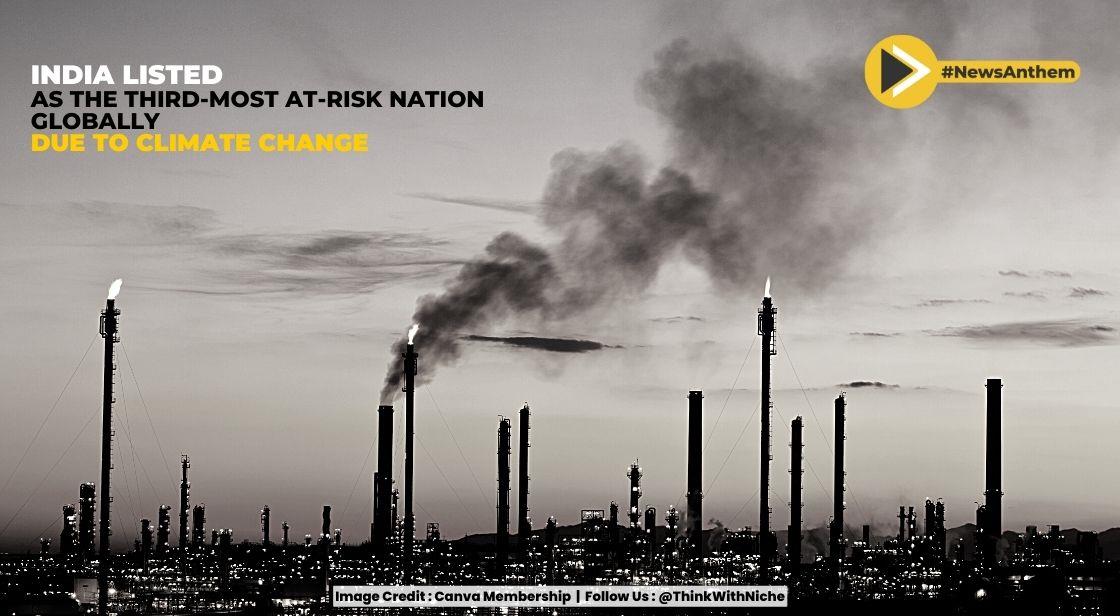Despite High Risk, Urban India is Underinsured For Climate Disasters-Report

News Synopsis
Climate change has ranked India as the third-most vulnerable country in the world, but protection against potential economic damage from natural disasters remains inadequate.
According to a recent report released by XDI, the Cross Dependency Initiative, nine states in the country are among the top 50 vulnerable regions in the world. Punjab, Bihar, Uttar Pradesh, Maharashtra, Rajasthan, Tamil Nadu, Gujarat, Kerala, and Assam are among these states. The nation's financial capital, Mumbai, was declared 'high-risk' due to rising sea levels at a recent UN Security Council meeting.
Natural disasters such as tropical cyclones, floods, and droughts cost India approximately Rs 65 lakh crore two years ago, according to to Sharad Mathur, managing director and chief executive officer at Universal Sompo General Insurance Co., citing World Meteorological Organization estimates.
"India witnessed over 700 seasonal floods in a year," he said. "Despite numerous natural calamities, segments like home insurance have a low penetration of up to 1%."
Natural disasters are expected to increase the risk of economic loss to states and affected individuals. General insurers can provide relief throughout payouts if the region's residential properties and businesses are insured.
According to Parthanil Ghosh, president, retail business at HDFC ERGO General Insurance Co., based on recent floods in a few regions, only about 5% of the economic losses were insured. "If this were to exclude the losses pertaining to motor and commercial risks, the insurance coverage of the losses would be less than 1%."
He quoted the 2022 Bengaluru floods, which cost Karnataka Rs 10,000 crore in economic losses. The insurance payout, however, was less than Rs 400 crore. According to Ghosh, the industry could have insured risks worth Rs 5,000-7,000 crore, lowering overall losses.
Similarly, while the Chennai floods of 2019-20 caused an estimated Rs 16,000 crore in economic loss, the insurance industry paid Rs 1,200 crore. According to Ghosh, up to Rs 6,000 crore in property, motor vehicle, business interruption, and aviation insurance could have been underwritten.
According to Mathur, insurance penetration in residential property is abysmally low. While cooperative housing societies continue to purchase insurance against natural disasters, he claims that individual property owners are debating whether or not to do so.
All homes and property currently financed by financial institutions are insured, according to Gurdeep Singh Batra, national head of property underwriting excess and surplus, risk engineering services, and global accounts at Bajaj Allianz General Insurance Co. According to Ghosh of HDFC Ergo, they have insured approximately 10 lakh residential properties so far.
According to Mathur, insurance penetration is higher in commercial establishments, but it is only to the extent of financial obligation in small businesses.
You May Like









